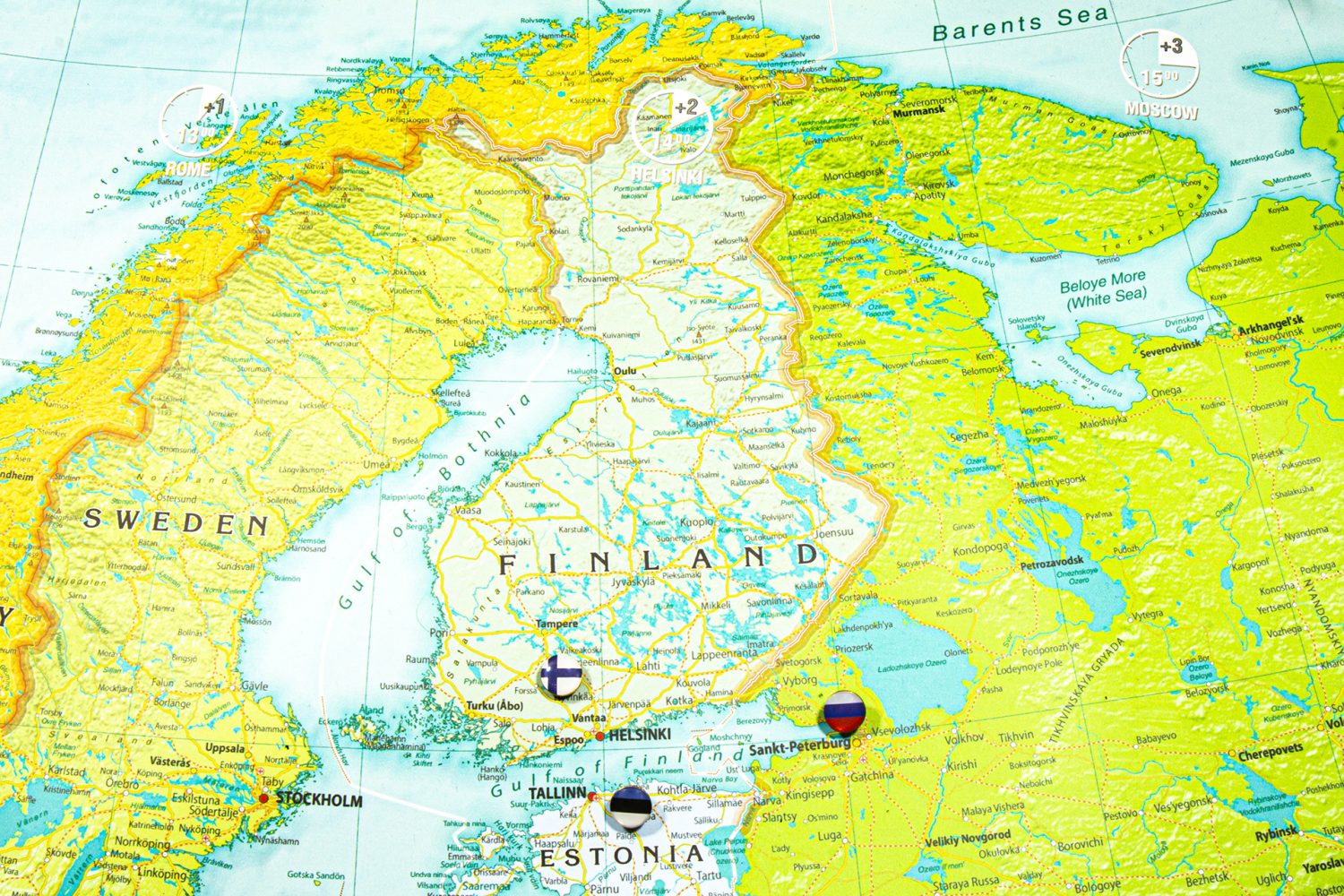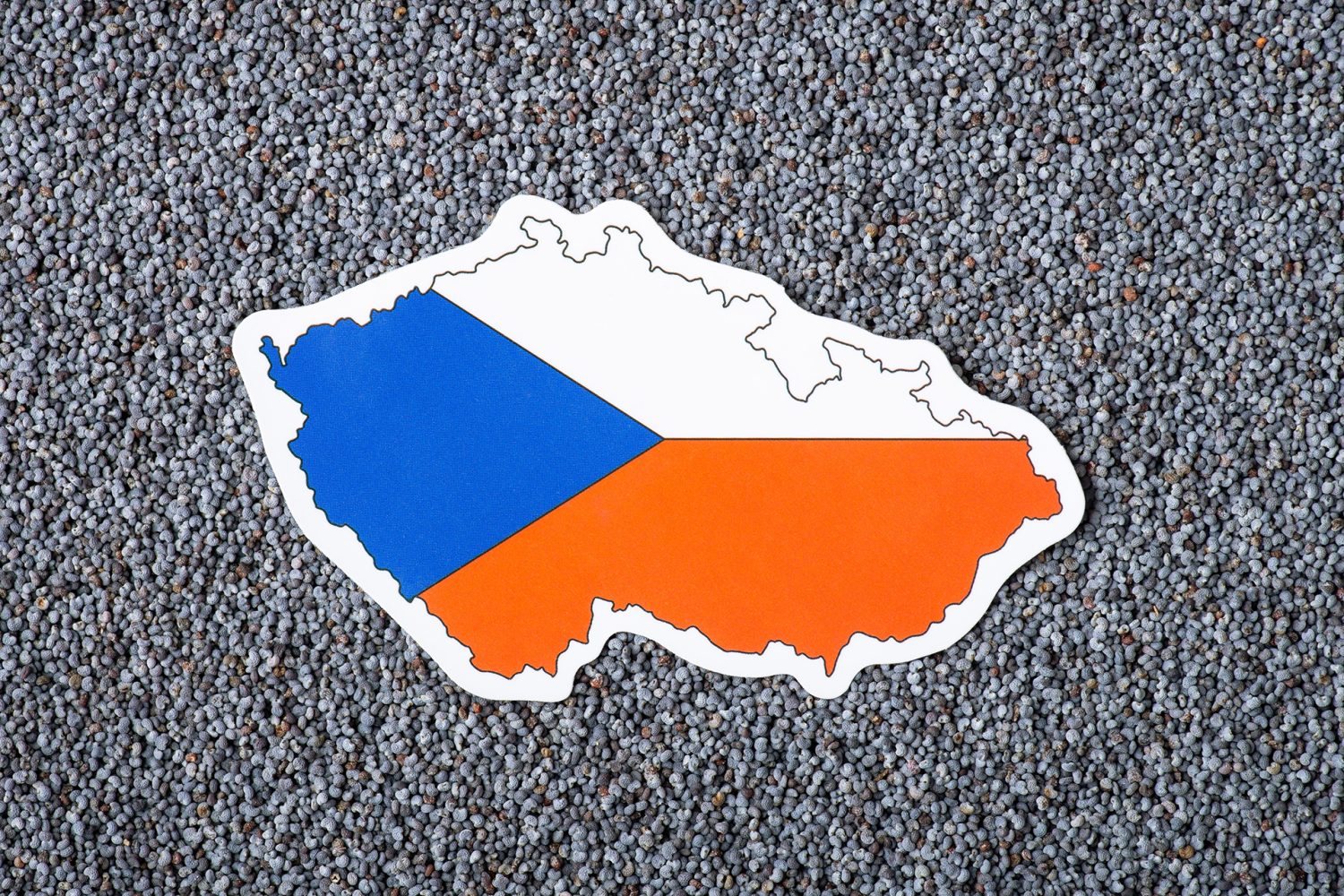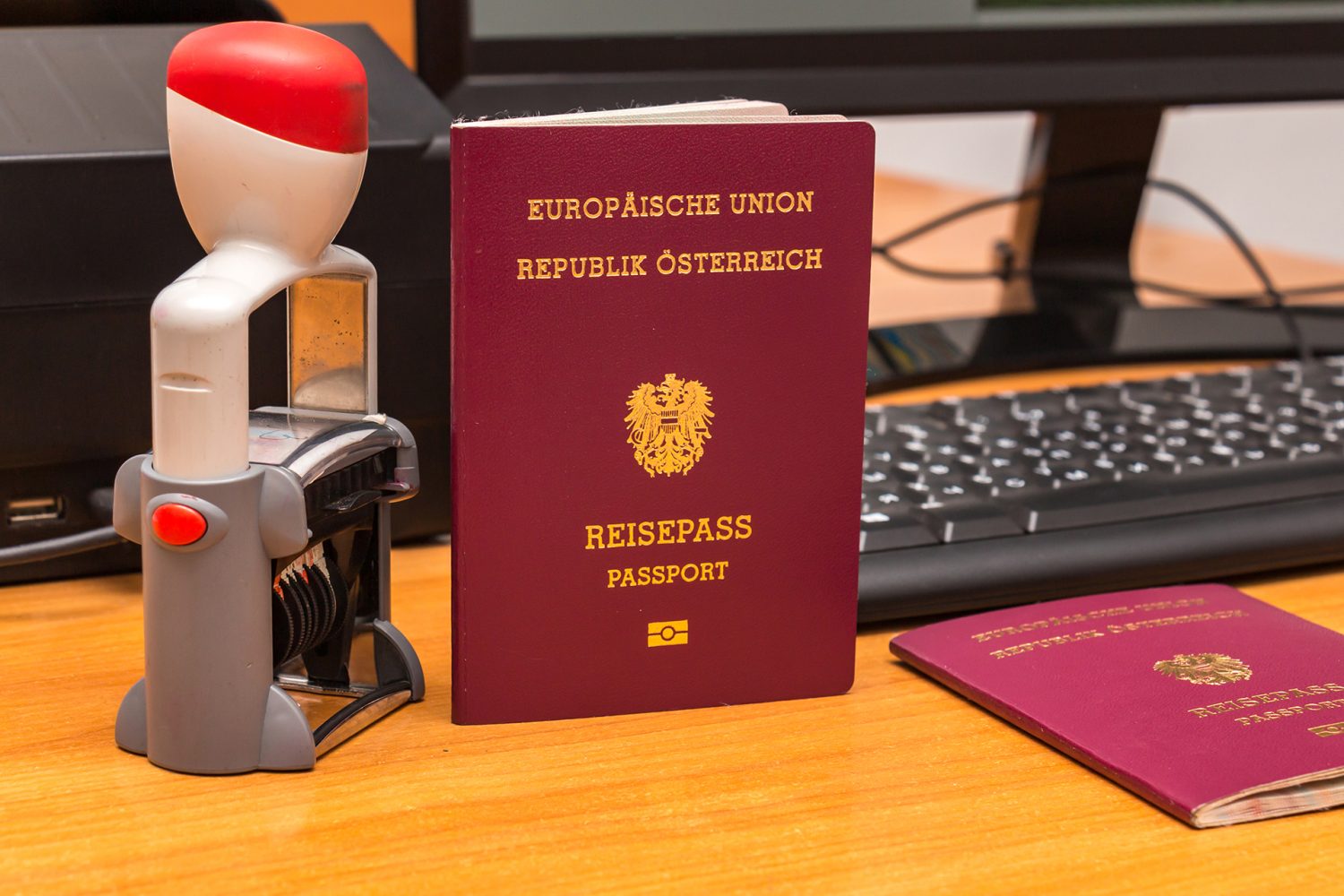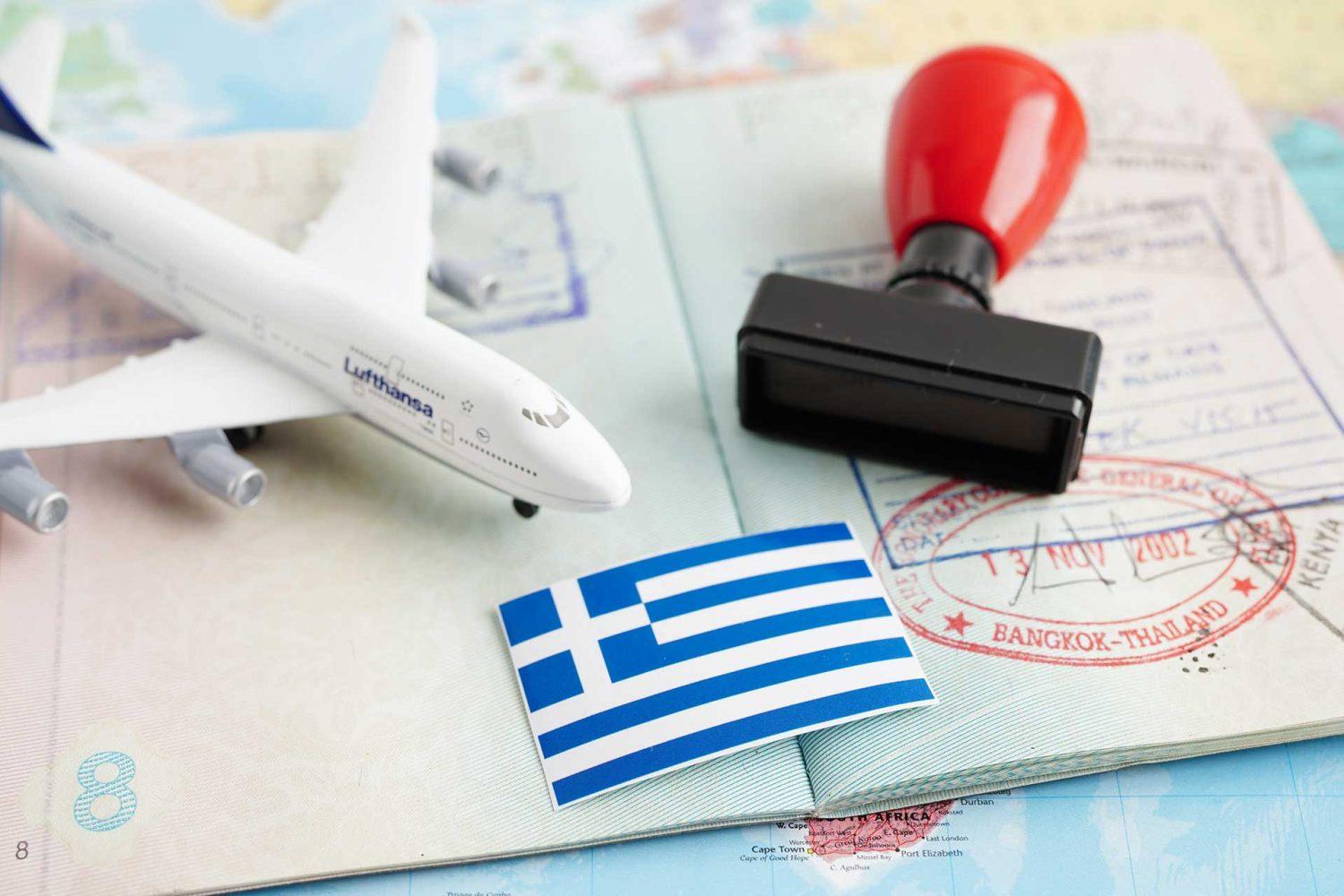
Diana Weber
Lawyer of international law
Rating:
18
November
How to Get Citizenship of Italy
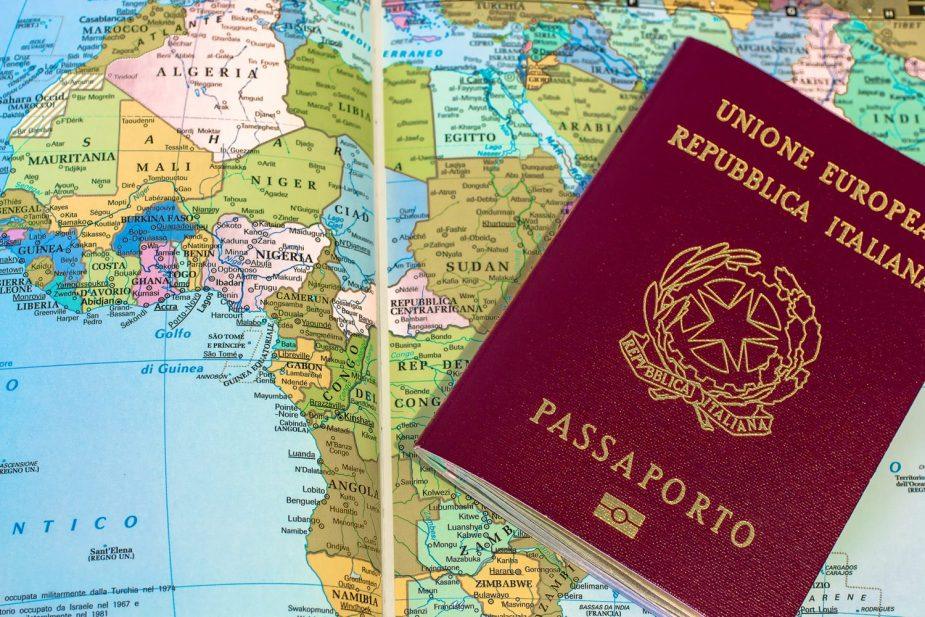
Italian citizenship is a status whereby a person is recognized as having full national and political rights. Its automatic acquisition is regulated by the principle of jure sanguinis, i.e., “right of blood”. The status can also be acquired on application after a long stay in the State or restored by descent. A number of applicants can count on simplified conditions for acquiring citizenship, such as spouses of Italians and refugees. The Italian Republic is a member of the EU, so if your request is approved, you automatically acquire the status of an EU citizen as well.
Italian passport is a document that certifies the identity of a citizen within the Republic and on the territory of the European Union. With it in 2025 you get many privileges within the EU - freedom of movement and residence, employment without restrictions, permission for commercial activity, the right to study in prestigious universities. As a citizen, you can also issue a passport, which allows you to travel without a visa in most countries of the world. In the standard order to obtain a document takes from 10 years from the date of moving to Italy with a residence permit.
Since EU citizens are equal in rights, it is possible to obtain all the opportunities of an Italian citizen with a passport of another EU state. For example, Slovenia, Romania and Bulgaria have fast-track citizenship programs - in just 8-14 months, without having to open a residence permit or large contributions. You can get more information at a free consultation with specialized lawyers of Immigrantinlaw.
The provisions concerning Italian citizenship are mainly regulated by the national law of the same name, number 91 of 05.02.1992. Additional important nuances are given in Presidential Decrees No. 572 of October 12, 1993 and No. 362 of April 18, 1994. Separate information on repatriation to Italy is supported by legal act No. 124 of March 8, 2006. The general principles of Italian law are the authorization of multiple citizenship, the granting of status by birth and descent, the possibility to declare the wish to issue a local passport upon request or to refuse it.
Most often, foreigners obtain an Italian passport after ten years of residence in the country as a resident and after demonstrating integration into public life. This procedure is called naturalization and has no restrictions on the applicant's current citizenship or additional criteria. Spouses of Italians apply for a passport through marriage, with minimal requirements. Those who have or have had blood relatives in the country can obtain citizenship by birth/nativity. There is also repatriation for those who lost their passport against their will and their descendants.
Submit an application form and we'll get back to you!
The President of Italy can grant citizenship by decree to a foreigner who has been legally residing in the Republic for at least 10 years. If you hold a passport of another EU country, the period of residence is reduced to 4 years.
Three years of legal stay will be enough for those who had or have native Italians in their family up to grandparents. A similar period of time will be required to live in Italy for people who were born and were permanently in the state until adulthood. Refugees and stateless persons submit a request 5 years after moving.
Naturalization is possible if you have no criminal record, no problems with the law and demonstrate a positive attitude towards Italy. You will also need to pass a language exam (level B1) and obtain a CLIQ (Certificazione Lingua Italiana di Qualità) certificate. Applications for citizenship are accepted from adults who are willing to swear an oath of allegiance to the Republic if approved. The President has the right to shorten the naturalization period to 5 years if a person has worked for Italy abroad, or to grant a passport without prior residence for special merit.
Italy is not interested in the influx of immigrants, so it does not support investment programs for citizenship, which in addition go against the legal norms of the European Union. It is impossible to obtain a passport here, for example, when buying real estate. Large investments in the economy of the republic are also not considered as a basis for simplified acquisition of citizenship status. Financial investments can be used to open a residence permit and subsequent standard naturalization.
To move to Italy and subsequent naturalization, you can apply for a residence permit on one of the following grounds:
If there were or are Italian citizens by birth in your ancestry before your grandparents, who subsequently lost this status, you can count on the issuance of a passport of the Republic in a simplified procedure. To do so, you will need to fulfill one of the following conditions:
There are no additional requirements such as passing an Italian language exam.
As part of the Paris Agreement of February 10, 1947, Italy ceded part of its lands to Yugoslavia. Those who lost their citizenship for this reason, as well as their direct descendants, can apply for the restoration of their passport without the condition of prior residence in the country. They will need to prove their origins through documentation and demonstrate a willingness to integrate into society, for example by attending thematic Italian communities in their home country to learn the language and cultural norms.
Italian citizenship can be acquired through a simplified procedure for husbands and wives of local passport holders. For this purpose, it is necessary to live together from 2 years from the date of marriage (from 3 years - if you are abroad together). The period is halved if a joint child is born or adopted. The family union must be concluded in the Republic or recognized by its legislation, and it must remain in force until the decree granting citizenship is issued. Language testing will also be required.
Children of Italians (at least one of them) automatically receive the same legal status. If the other parent is a foreigner, a written consent is required from him/her to confer citizenship on the child. Similar rules apply to adopted children. Citizenship is also granted to a child found on the territory of the Republic or born in a stateless family.
The right of soil does not apply in Italy, but it is possible to obtain citizenship by birth and residence. This method is suitable for the children of foreigners who were born and permanently reside in the Republic, and in the period from 18 to 19 years inclusive have applied for a passport. If the child was born in Italy but lived abroad, he or she can return to his or her home country and apply for citizenship after 36 months.
To find out about the simplified way of obtaining the rights of an Italian citizen with a passport from another EU country, you can attend a free legal consultation. Immigrantinlaw's international law specialists will recommend the best immigration programs for your personal situation.
The general requirements for those wishing to obtain citizenship in Italy include:
You will be required to undergo legal migration procedures, pay administrative fees and take part in an oath ceremony if your request is approved.
Registration of the status of an Italian citizen step by step:
Usually, the following documents are required to apply for Italian citizenship:
Foreign documents are provided subject to the legalization/apostille and translation requirements established by the legislation in force.
As an Italian passport holder, you get the following privileges:
Get more information about the peculiarities of immigration to the EU at a free consultation
The Italian internal passport corresponds to the common EU model. It is a plastic ID-card with biometric data of the holder, his photo and basic information such as issue and validity dates. The process of issuing the document is as follows:
You can apply for an Italian passport to travel abroad with an internal identity card. You need to submit the request to the police department together with the dossier, photos and a receipt for the payment of the state duty. You can pick up the finished document in person or receive it by post. You can also track the readiness of your Italian passport online on the police website.
The waiting period for Italian citizenship depends on the basis on which it is requested. A national visa is issued within three months, a residence permit - up to 60 days, and the same amount of time each time its renewal is considered. Naturalization requests take 2-3 years to be decided. Passport production takes up to 6 days.
In total, it usually takes from 12 years to obtain Italian citizenship, taking into account the period of residence in the republic. The basic rates of state fees for migration procedures are presented in the table below.
| Cost item | Price, € |
| National visa (D symbol) | 116 |
| Temporary resident card | 40–100 |
| Renewal of residence permit | At the cost of the first opening |
| Request for citizenship | 250 |
| Registration of ID card | 17 |
| Passport obtainment | 43–74 |
When naturalizing in Italy, you will also need to pay for an apartment and residence in the republic, notary and interpreter services, and legal support. The total cost of citizenship can be several thousand euros, and the waiting period can last for more than a decade. It is possible to become an EU citizen under simpler, cheaper and faster programs, about which you will be informed in detail during a free consultation by Immigrantinlaw specialists.
Submit an application form and we'll get back to you!
Italian citizenship is not granted if it contradicts the interests of the Republic or the norms of national security. Often requests are rejected due to mistakes in the dossier, concealment of important information, non-compliance with at least one of the requirements for the applicant. Citizenship status is revoked if you have ties with banned organizations (terrorists, extremists), serve in the army of another country or its state body. You can successfully obtain an Italian passport with competent legal support of international law specialists.
The treaty on dual citizenship in Italy has only been ratified with Argentina. The countries recognize each other's passports and limit the range of obligations of citizens, for example, payment of taxes is required only in one of the states. At the same time, the Republic does not prohibit second/multiple citizenship. When naturalizing in Italy, you do not have to renounce passport in your home country unless required by its laws. Each state will consider you only as its own citizen with corresponding rights and obligations.
Obtaining Hungarian Residence Permit for Foreigners
27 September
A residence permit in Hungary is a document with which one can temporarily stay in the country on a legal...
How to Get Сitizenship of Finland
7 May
Citizenship of Finland is a legal relationship between an individual and the state, established by law, which is expressed in...
How to Get Сitizenship of the Czech Republic
26 June
Czech citizenship is the political and legal connection between a person and the state, which is expressed in a list...
How to Get Citizenship of Austria
3 January
Austrian citizenship is a bond between you and the country, which is expressed in mutual rights and obligations. This status...
Immigration to Germany for Permanent Residence
24 April
Permanent residence in Germany is a document for permanent living in the country, which is provided to immigrants after fulfilling...
How to Get Citizenship of Greece
31 January
Citizenship in Greece is the legal conection between you and the country, regulated by the Constitution and related laws, providing...
Discover
new opportunities
with a European Union passport!
Submit the application form and we will call you back!
Leave a request
Contacts




